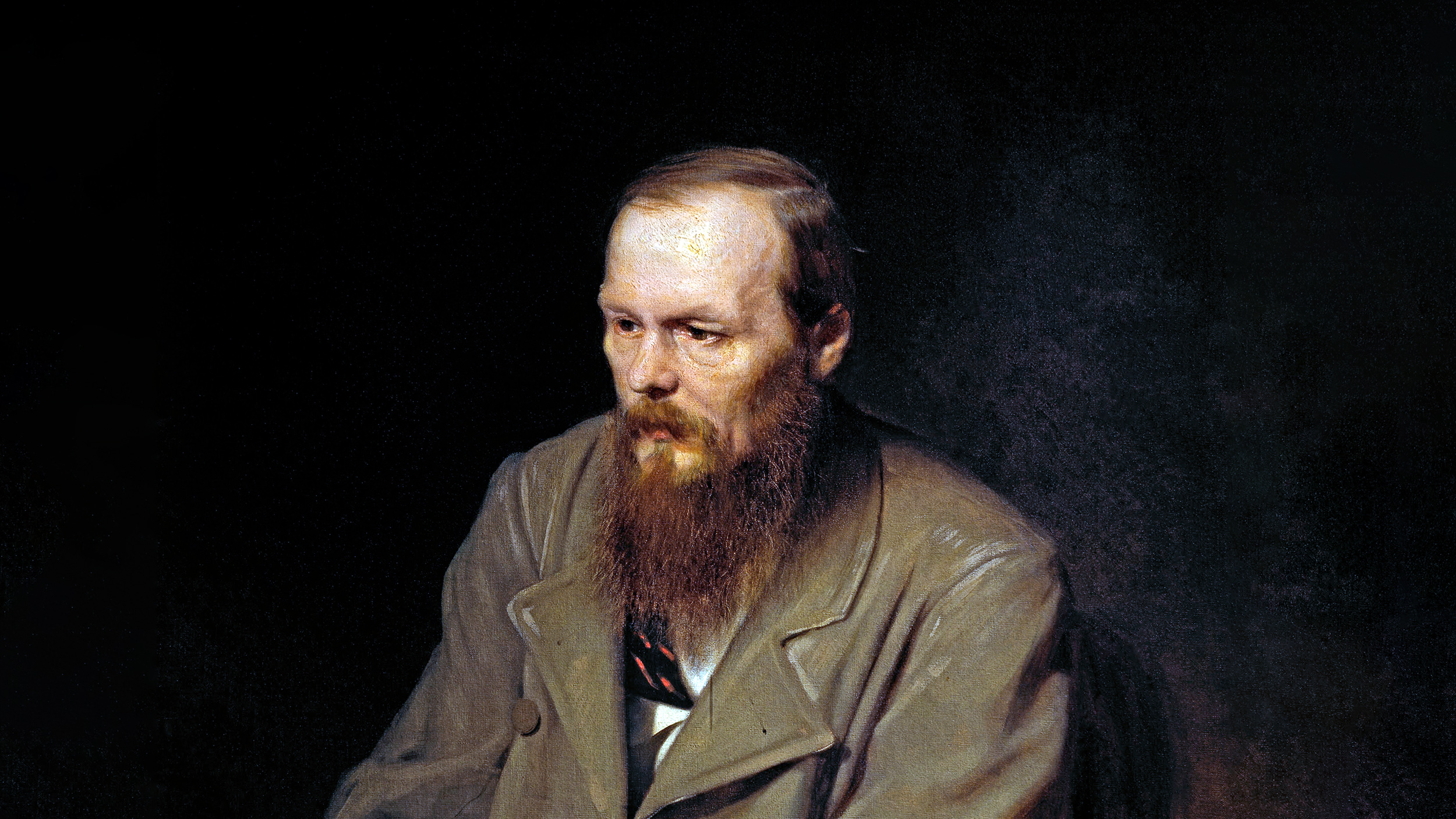5 applied psychology books for everyday life

- Psychology has great insights into human behavior but can sometimes feel difficult to understand.
- These five books focus on turning those ideas into accessible, actionable ways to improve your life.
- Each one is written by an expert in its subject area.
Despite some sketchy early theories, an ongoing replication crisis, and even questions over its relevance, psychology has made major progress in understanding the inner workings of the mind and human behavior. Thanks to psychologists, we’ve learned that memory is not an accurate recording of the past, how our behavior tempers as we age, and some of the universal experiences that connect humanity across cultures (such as the things that frighten us). Many psychological insights also have the potential to help people live more productive, fulfilling lives.
Why then are so many psychology books so difficult to comprehend? If we all need specialized degrees to access the field’s advice, is it really that helpful?
In these five books, all written by accomplished thinkers, some of the most applicable ideas in psychology are presented in ways that anyone can use in their everyday lives. Whether explaining how to use your emotions effectively, describing why we lean on certain biases, or showing why we should accept our ability to grow, these books blend theory and practice in user-friendly, enlightening ways.
1. Thinking, Fast and Slow by Daniel Kahneman
Written by Nobel Prize-winning psychologist Daniel Kahneman, this book explores our thinking patterns and why understanding them can help us make better decisions — or, at least, avoid leaning too heavily on our cognitive biases.
Kahneman argues that we have two major systems of thought. “System 1” is fast, intuitive, and often unconscious, while “System 2” is slow, calculating, and energy-intensive. The first is for things like recalling memorized facts or performing familiar tasks. The second is for more complex mental tasks, such as solving problems or focusing on your work. Understanding which system we’re using and why is a good way to lessen errors in our thinking.
The book also dives into common biases like overconfidence or anchoring and provides ideas on how to counterbalance them (such as gathering more information). It also provides cases when we might tend toward a particular mental system — like making an instinctive System 1 response — when the opposite — a selection from the reflective System 2 — would be much better.
2. Growth Mindset: The New Psychology of Success by Carol Dweck
Many people tend to think of traits and abilities as innate. Phrases like “God-given talent” or “natural ability” imply that some people are born with certain skills and others are not. What’s worse, there is often an implication that these things, like intelligence, can’t be improved.
Carol Dweck calls this worldview the “fixed mindset,” and she contrasts it with another, the “growth mindset.” Under this mindset, skills become something that can be improved with practice, while obstacles transform from insurmountable to merely a sign of the need for further development.
Her book includes a wealth of data showing that performance in many areas can be improved through effort. It also provides examples of how to build this mindset for yourself — many of them based on simply adjusting unhelpful thinking patterns. For instance, instead of thinking of being unsuccessful as equivalent to failure, you can rephrase the thought to be a “not yet” statement. Praising hard work rather than specific skills encourages people to be more growth-oriented, too.
3. Emotional Intelligence: Why It Can Matter More Than IQ by Daniel Goleman
You’ve probably heard of IQ, or the “intelligence quotient.” These are scores derived from tests that attempt to assess a person’s general intelligence through logical puzzles. While IQ has enjoyed a privileged role in how we think of intellect and success, modern psychology is open to the idea that there are other kinds of intelligence.
The most famous of these is emotional intelligence (EI). It is often defined as the ability to understand, observe, and manage emotions. A high-EI person can recognize emotional states — both their own and those of others — and respond accordingly. A low-EI person, well, not so much. While the term has been around since the 1960s, it only entered mainstream discussion in 1995 following the publication of Daniel Goleman’s book.
Goleman opens the book with an exploration of IQ and EI, and why both are useful in daily life. In the book’s second half, he outlines ways that a person can improve their EI. While many of the examples are geared towards teaching others, particularly children, how to engage with their emotions, several can be adopted by the reader directly. His suggestions include mindfulness, self-awareness activities, and the cultivation of empathy.
4. Grit: The Power of Passion and Perseverance by Angela Duckworth
Grit is that mix of resilience and passion that helps us stick to a goal even when it gets difficult. Angela Duckworth believes that it, like the other ideas on this list, is an under-appreciated skill that can be learned. Her research and interviews provide quantitative and qualitative support for this idea.
In this book, Duckworth takes her years of research and presents it in an understandable package. Refreshingly personal for a psychology book, it also includes examples of how to develop grit from the author’s life.
Strategies include the idea of picking a “hard thing” to do, building a growth mindset, and only allowing yourself to quit at certain points. To facilitate these strategies, Duckworth also recommends focusing on something you’re passionate about, keeping up the practice, and finding meaning in the associated activities.
5. Flow: The Psychology of Optimal Experience by Mihaly Csikszentmihalyi
Flow occurs at that unique intersection of challenge and skill utilization. If something is too easy, it can become dull. If it is too complex, it becomes frustrating. To reach flow, activities have to be engaging, difficult enough, and progressively engaging.
This book was written by the man who coined the term, Mihaly Csikszentmihalyi. In it, he explores what the mental state is, how to increase the chances of it happening, and how it can be used to improve life quality. He also discusses how tasks can be organized in ways that are likely to lead to flow and outlines steps the reader can take.
Many of the strategies, like setting clear goals and consistently seeking growth opportunities, are not only useful in reaching flow but can have several benefits elsewhere. Importantly, Csikszentmihalyi reminds us that we have to seek out new and progressively more difficult challenges to keep the flow states coming. Otherwise, the likely outcome will be boredom.
While these five books may not cure every problem contained within their pages, they do offer sound advice that can help improve your life. And as many of their authors would argue, it’s the willingness to learn and change that really matters in the end.





